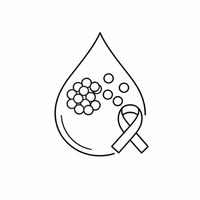
Blood cancer treatment involves medical methods to remove or control cancer in the blood. This type of blood cancer usually begins in the bone marrow, where blood cells are produced. It affects the body’s ability to make healthy white blood cells, red blood cells, or platelets.
Many people refer to blood cancer by different names, such as leukaemia, lymphoma, or bone marrow cancer. It is sometimes mistaken for general weakness or a long-lasting fever.
The main goal of blood cancer treatment is to destroy cancer cells, stop their growth, and help the body produce healthy blood again. Doctors may use medicines, high-dose injections (chemotherapy), or a bone marrow transplant. Some patients may also receive targeted therapy or immunotherapy, depending on the stage and type of cancer. Leukaemia treatment often involves a combination of these methods, tailored to the specific type of leukaemia and the patient’s condition.
There is a common misconception that blood cancer cannot be treated. In reality, many patients recover or achieve longer survival with the right treatment, especially when it is started early.

Blood cancer treatment is required when abnormal blood cells multiply uncontrollably and disrupt normal blood functions. The treatment works to control this growth, relieve symptoms, and support the body in producing healthy blood cells again.
Many patients and families often ask, “Why does blood cancer occur?” The reasons are usually a combination of genetic changes, environmental exposures, and immune-related factors that interfere with normal blood cell production.
To understand how does blood cancer occur, it is important to know that healthy blood cells are created in the bone marrow. When genetic mutations or harmful exposures disrupt this process, abnormal cells start multiplying uncontrollably, which leads to blood cancer.
7 Common Causes of Blood Cancer
Symptoms of blood cancer are often mistaken for common illnesses, which is why many people ignore them in the beginning. However, recognising these signs early can ensure timely treatment, especially since symptoms of blood cancer (such as in leukaemia) may resemble viral fevers or general weakness.
Key Symptoms of Blood Cancer to Watch For:
If these symptoms of blood cancer last for more than 2 to 3 weeks, it is important to consult a doctor. The earlier they are identified, the better the chances of effective management.
Doctors decide on treatment depending on how the cancer affects the body and what test results show.
Early detection and timely treatment can greatly improve outcomes.
If you or someone you know is experiencing these symptoms, myheco can connect you with trusted cancer specialists in leading hospitals.
Some of the world’s most advanced cancer hospitals offer specialised care for blood cancer patients. These centres provide cutting-edge treatments such as bone marrow transplants, immunotherapy, and targeted therapy, supported by highly experienced haematologists and oncologists.
Leading hospitals for blood cancer care include:
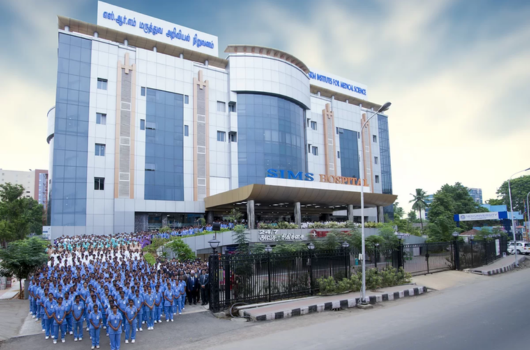
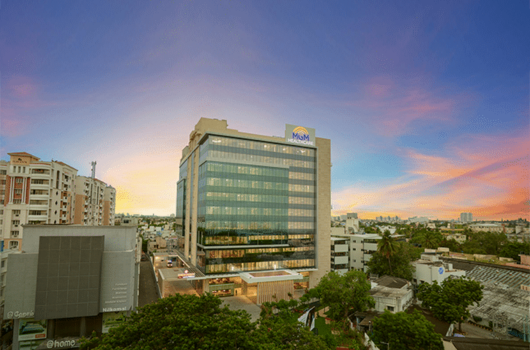
.png)

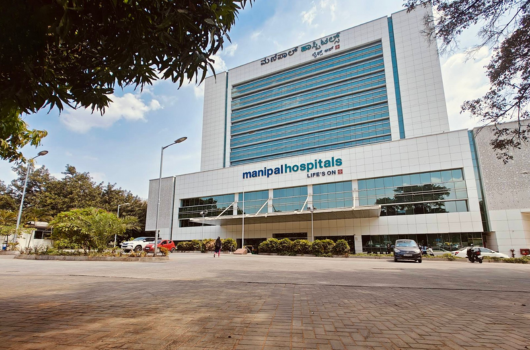
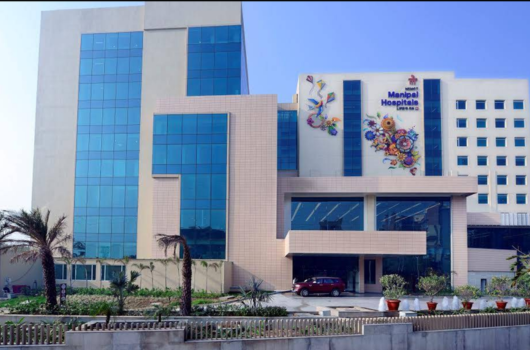
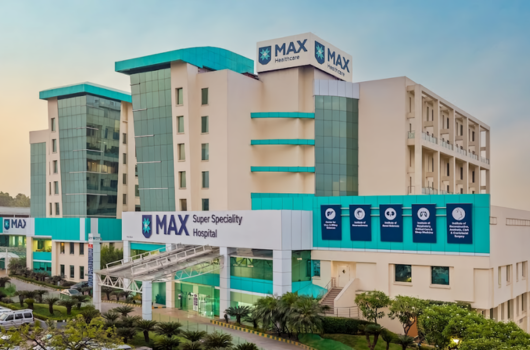
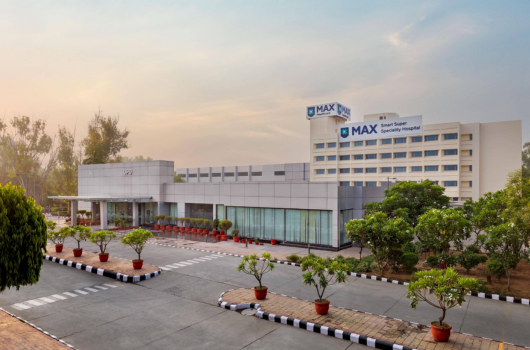
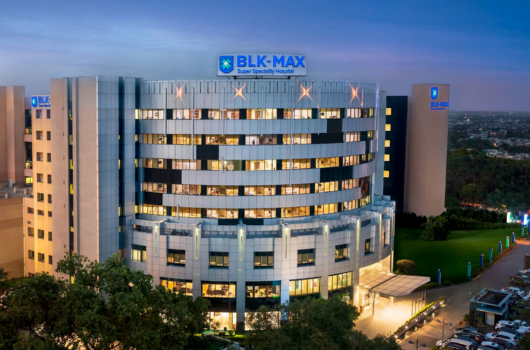
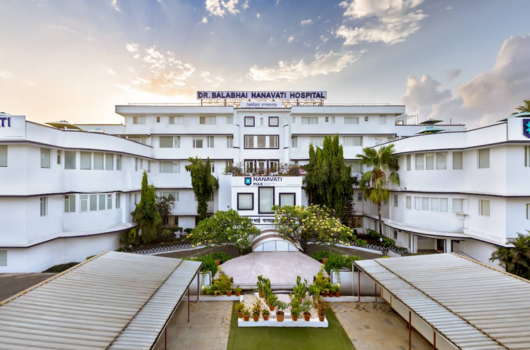
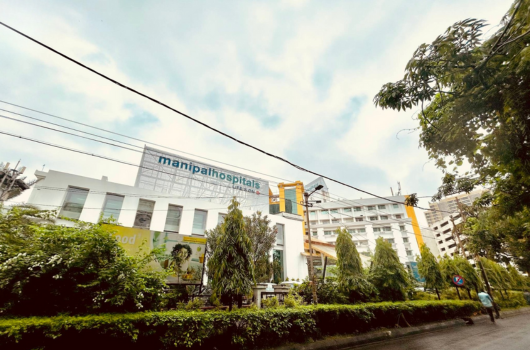
.png)

These hospitals follow international guidelines for cancer care and are equipped to support patients from various countries, from diagnosis and treatment to follow-up care after returning home.
The average cost of blood cancer treatment typically falls between $10,000 and $20,000 in India and from $25,000 to $45,000 in Thailand. However, the exact amount can differ depending on factors such as the type of treatment, the hospital’s location, and the stage of the disease. Before exploring the detailed cost breakdown by treatment, it’s useful to know the main elements that influence these expenses.
Note: India has become a preferred destination for advanced cancer treatment, offering world-class care at a fraction of the international cost. Patients benefit from expert oncologists, modern medical technology, and affordable access to high-quality generic medicines, making treatment both effective and economical.
Note: Thailand has established itself as a premium destination for cancer treatment, offering world-class hospitals, advanced technology, and internationally trained oncologists. Patients choose Thailand not only for its high-quality medical care but also for its holistic approach, combining clinical excellence with exceptional comfort and service standards.
The above figures are approximate and can vary based on the hospital, location, and individual patient requirements. Always consult the healthcare provider for the most accurate and up-to-date pricing.
The currency conversion rates in the table above are based on data from February 2026.
For a detailed cost estimate and guidance on treatment options, patients can contact myheco to connect with leading hospitals specialising in cancer care.
How long can one live with blood cancer? The answer mainly depends on the type of blood cancer, the stage at which it is diagnosed, and how effectively the patient responds to treatment.
The 5-year relative survival rate for leukaemia has improved significantly. Overall, it is 71.3%, with children under 15 showing a higher survival of 92.1% and those under 5 reaching 93.5%. Specifically, acute lymphoblastic leukaemia (ALL) has excellent outcomes in children, acute myeloid leukaemia (AML) shows 31.7% overall survival and 68.8% in younger patients, chronic lymphocytic leukaemia (CLL) has 88% survival, and chronic myeloid leukaemia (CML) has 70.6% overall survival. This emphasises early diagnosis.
One of the most common questions people ask is, “Can blood cancer be cured?” The answer depends on the type of cancer, the stage at diagnosis, and how early treatment begins. While not every type is fully curable, many patients achieve remission or live longer, healthier lives with proper medical care.
In blood cancer, “success” can mean different outcomes depending on the stage and type of the disease:
Renowned hospitals focus on early detection, precise diagnosis, and comprehensive care for blood cancer patients. Their approach often includes:
This combination of advanced technology, specialised clinical expertise, and patient-centred care has led to improved survival rates and better quality of life for patients undergoing blood cancer treatment.
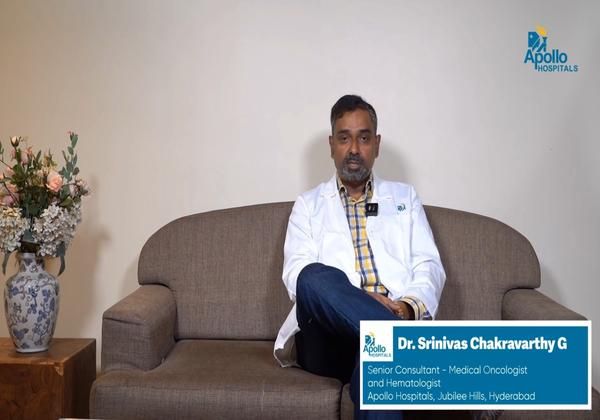
Dr. Srinivas Chakravarthy, Senior Consultant, Medical Oncologist and Haematologist, explains:
“The key to managing leukaemias or any other serious disease lies in awareness. First and foremost, people must recognise that such conditions exist and understand the early symptoms that should prompt them to seek medical help. They should also know that there are specialised centres and experts in our country who can provide excellent care for leukaemia. With proper commitment and timely intervention, a large number of these cases can be effectively managed, many can even be cured, some may not require treatment, and overall outcomes can be significantly improved. Ultimately, awareness combined with the right action at the right time is the most critical factor.”
For many patients, travelling abroad for blood cancer treatment is an important step toward accessing advanced and specialised care. Managing a diagnosis such as leukaemia, lymphoma, or myeloma requires timely medical guidance, coordinated travel, and clear financial planning. Myheco simplifies this process by connecting patients with experienced haematology specialists, organising travel logistics, and providing continuous support from the initial report review to post-treatment follow-up.
Choosing myheco means expert care, faster access, and comprehensive support throughout your treatment journey.
Note: Myheco does not provide medical advice.
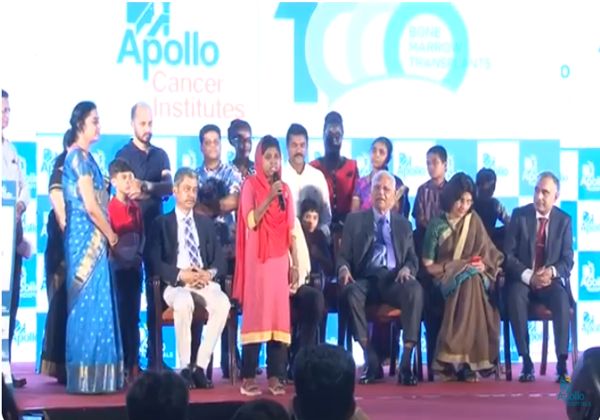
Tansila, a young girl from Bangladesh, courageously battled aplastic anaemia and successfully underwent a bone marrow transplant at Apollo Cancer Institutes. During the celebration of 1,500 BMTs, she shared her inspiring recovery story and expressed her gratitude to the doctors for helping her regain a healthy life.
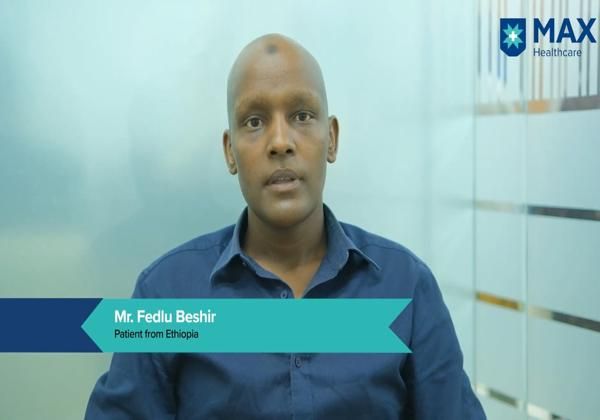
Mr. Fedlu Beshir from Ethiopia bravely faced blood cancer and was referred to Max Hospital in India for treatment. Under the expert care of Dr. Rayaz Ahmed, Senior Director of Cancer Care, Oncology, and Bone Marrow Transplant at Max Super Speciality Hospital, Saket, he underwent chemotherapy followed by a successful bone marrow transplant. Thanks to meticulous supervision and dedicated medical support, Mr. Beshir has made a remarkable recovery and is now enjoying a healthy, symptom-free life.
✅ Share your medical reports
✅ Receive personalised treatment plans from leading hospitals
✅ Choose the option that suits you best
✅ Let us handle the arrangements


Common symptoms include persistent fatigue, frequent infections, unexplained weight loss, night sweats, swollen lymph nodes, bone pain, and easy bruising or bleeding.
Myheco reviews your medical reports and recommends hospitals and specialists with expertise in leukaemia, lymphoma, or myeloma based on your condition and treatment needs.
We assist with pre-travel consultations, second opinions, visa documentation, flight bookings, cost estimates, airport pickup, and personalised guidance throughout your treatment journey.
Yes. Patients can usually be accompanied by one or two family members, who can apply for a medical attendant visa.
Leukaemia can be curable, depending on its type, stage, and the patient’s health. Treatments like chemotherapy, targeted therapy, and bone marrow transplants have helped many patients achieve remission. Early diagnosis improves the chances of successful treatment.
Support a leukaemia patient by ensuring they follow their treatment plan, attend regular check-ups, maintain a nutritious diet, and manage stress. Emotional support and helping with daily tasks can also significantly improve their well-being.
Survival depends on early detection, timely treatment, and lifestyle management. Options include chemotherapy, radiation therapy, bone marrow or stem cell transplants, and targeted therapies. Maintaining a healthy diet, avoiding infections, and staying emotionally strong also aid recovery.
India has many leading hospitals that specialise in blood cancer treatment. In Chennai, top centres include SIMS Hospital, MGM Healthcare, Apollo Cancer Institute, and the Apollo Proton Cancer Centre, which provides advanced therapies including proton treatment for selected blood cancers. Bangalore has Manipal Hospital Main Hospital Oncology, offering multidisciplinary care with chemotherapy, immunotherapy, and transplant facilities. In Delhi, leading hospitals are Manipal Hospital Dwarka, Max Hospital Saket, and BLK-Max Hospital, which is known for one of India’s best bone marrow transplant centres. Mumbai has Nanavati Max Hospital, offering expert haematology and stem cell transplant services. In Kolkata, Manipal Hospitals EM Bypass (Medica Synergie Cancer Hospital) provides comprehensive blood cancer care with modern haematology services.
For blood cancer, Samitivej Hospital in Thailand provides world-class care, including bone marrow transplants, targeted therapy, immunotherapy, and tailored treatment plans for each patient.

